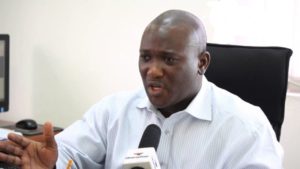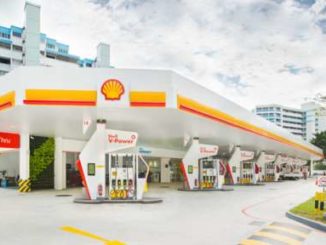The National Petroleum Authority (NPA) says it should not be blamed for the recent hikes in the prices of petroleum products in the country.
“The price of petroleum products used to be determined by the National Petroleum Authority prior to July 2015, post July 2015 price of petroleum products are no longer determined by the authority but we only publish the indicative prices which is the maximum or ceiling prices above which OMCs cannot sell at the pumps”.“Due to the forces of demand and market forces the OMCs try to beat each other. As far as market prices are concerned, three factors determine the prices of petroleum products. First is the international market price, second is the foreign exchange rate and third is the taxes levies and margins”.
The interplay among these factors determine the prices of petroleum products at the pump. The price on the international market is what no government has control over. It depends on what amount of production that OPEC has decided to put on the market, whether the big players like Saudi Arabia, United States,Iran, Venezuela and other countries ramp up production or cut down on production”.
The summer driving season also having an effect on the prices because during winter people do not drive much but during summer they sit in their cars and crisscross from one point to the other and that increases petrol and not diesel so the dynamics are that sometimes the price of petroleum may go up then diesel comes down and vice versa. So as we speak we are getting into winter so naturally, the price of diesel will go up and that is how the prices of petroleum are determined on the international market and the National Petroleum Authority has nothing to do about it”.Mr Tampoli added, “The prices of petroleum has not gone this high in the past four years, government’s interventions through taxes levies and margins has led to a significant drop of taxes on petroleum products from 40 percent in January 2017 to 26 percent. As of today, a cumulative effect of reduction in the special petroleum act and the complete abolishing of the exercise tax. As we speak today the price stabilization and recovery levy has also been sent to zero but for all these interventions the prices would have been 14 percent more than it is today so the government will still intervene in the taxes and levies but for the international market government is limited”.
Meanwhile, Policy think tank on taxation and consumer protection CUTS International, wants the government to reduce the special petroleum levy to give consumers relief.
Executive Director of CUTS International, Appiah Kusi Adomako, told Citi News the government can still help relieve consumers of the burden from the increases.
“Government can take away some of the taxes from petroleum whenever the prices go up on the world market. We asked the government to reduce the Special petroleum levy so that consumers can get some kind of relief from the high prices. Petroleum price in Ghana is very high and we need to find a sustainable way of addressing this.



